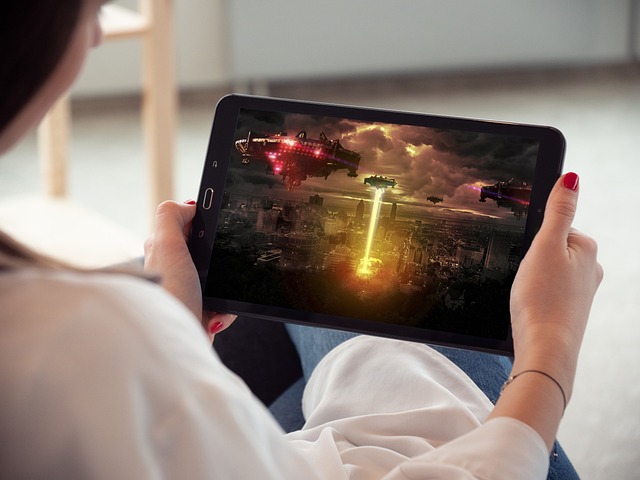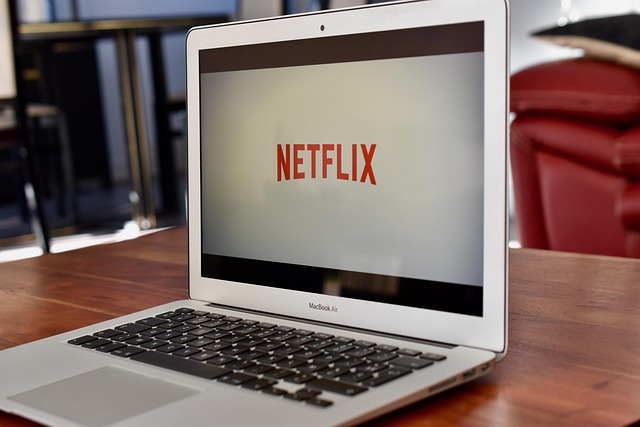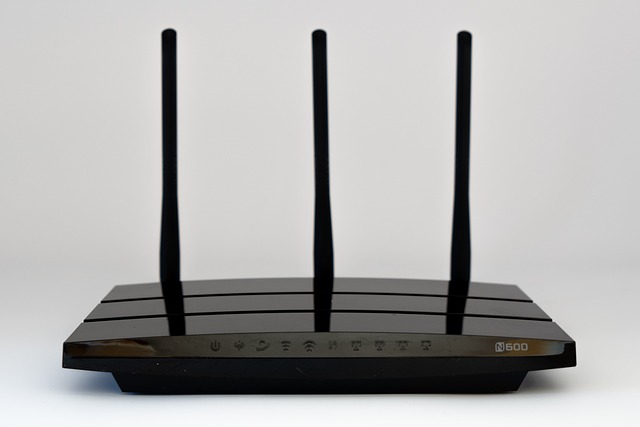
Evolution of Modern Entertainment Culture: Unveiling the Streaming Service Revolution
As we delve into the evolution of modern entertainment culture, it’s impossible to ignore the seismic impact of streaming services. These platforms have not only reshaped how we consume content but have also transformed our cultural landscape in ways we never anticipated. With the advent of services like Netflix, Hulu, and Amazon Prime Video, our viewing practices have shifted from scheduled programming to an on-demand model, allowing us to embrace a more personalized approach to entertainment.
In this fast-paced world, the significance of streaming services goes beyond mere convenience. They have become a cultural phenomenon that reflects our values, interests, and even our social dynamics. It’s no longer just about watching a movie or binge-watching a series; it’s about participating in a larger conversation. When a new series drops on a streaming platform, it ignites discussions across social media, bringing people together to share their thoughts and theories. This instant connectivity fosters a sense of community that traditional cable networks could rarely replicate.
The impact of streaming services on modern entertainment culture is profound. They have democratized content creation, giving rise to independent filmmakers and diverse voices previously marginalized by mainstream media. The ability for audiences to discover niche genres and international films is a testament to the power of these platforms. No longer are we limited to what local TV stations decide to air; instead, a world of stories is accessible with a simple click. This cultural accessibility allows viewers to connect with experiences and perspectives that enrich their understanding of the world.
Moreover, streaming services have redefined the viewing experience itself. Binge-watching, a term now firmly embedded in our lexicon, has revolutionized how we engage with narratives. The ability to consume entire seasons in one sitting transforms storytelling into an immersive experience, challenging traditional episode structures and pacing. Creators are now crafting intricate arcs that sustain viewer interest for longer periods, allowing for character development like never before.
Sustainability and environmental awareness have also found their way into the streaming conversation. With more people tuning into streaming services, questions arise about the environmental impact of data centers and energy consumption. This growing awareness has sparked discussions around responsible consumption and the need for streaming platforms to adopt more eco-friendly practices. As a result, the intersection of entertainment culture with sustainability speaks to a collective yearning for both enjoyment and responsibility in modern life.
In addition to film and television, music streaming services have transformed the way we listen and share music. Spotify, Apple Music, and others have made it easier for artists to reach audiences globally. This not only enhances our access to a diverse range of music but also allows for the emergence of new genres and collaborations that enrich our cultural tapestry. Streaming has blurred the lines between different forms of entertainment, creating an all-encompassing cultural ecosystem.
All of these changes are indicative of a broader shift in how we perceive entertainment. In a world where unpredictability often reigns, streaming services provide comfort and familiarity. The ability to revisit beloved shows, explore new genres, or discover hidden gems fosters a sense of nostalgia while simultaneously embracing innovation. As we navigate this evolving cultural landscape, one thing is clear: the streaming service revolution is here to stay, fundamentally altering how we engage with and interpret modern entertainment.



